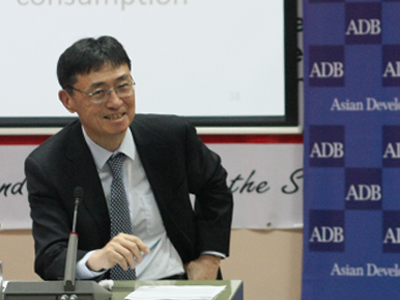- Details
On 21 April 2016, ISET hosted Maria De Paola from the University of Calabria, who presented a paper by Vincenzo Scoppa and De Paola herself, entitled 'Procrastination, Academic Success and the Effectiveness of a Remedial Program'.
According to De Paola, empirical evidence shows that individuals base very important economic decisions (such as investing in human capital, saving, and searching for a new job) on present-biased preferences. In other words, when confronted with a future investment such as studying (creating benefits in a distant future in terms of higher earnings related to better educational attainments), an individual with present-biased preferences will tend to procrastinate and delay the effort as much as possible. Sophisticated individuals – predicting their future preferences and aware of their own self-control problems – will try to use commitment devices to overcome or attenuate procrastination, whereas fully or partially naive individuals will be unable (or reluctant) to drop this habit, while incurring important welfare losses.
- Details
On 18 April, 2016 ISET hosted Dr. Donghyun Park, a principal economist with the Asian Development Bank (ADB), who presented his team’s research: the Impact of China’s Slowdown on the World Economy. The talk was attended by ISET students and faculty, as well as representatives of Georgia’s leading businesses and business associations.
Dr. Park reviewed China’s growth over the past several decades, emphasizing the role of its very strong entrepreneurial spirit in development. He cited the example of more than 70% of top Chinese university students opting to start their own business rather than working in a large corporation, as opposed to Japanese and Korean students, who harbor much more modest entrepreneurial ambitions.
Among possible factors contributing to China’s slowdown Dr. Park listed demographics; a structural shift away from manufacturing and exports to services and domestic consumption; weaknesses in external demand; and convergence in wages. As China become less attractive for low-cost production, it has to shift to higher quality and more sophisticated manufacturing activities.












